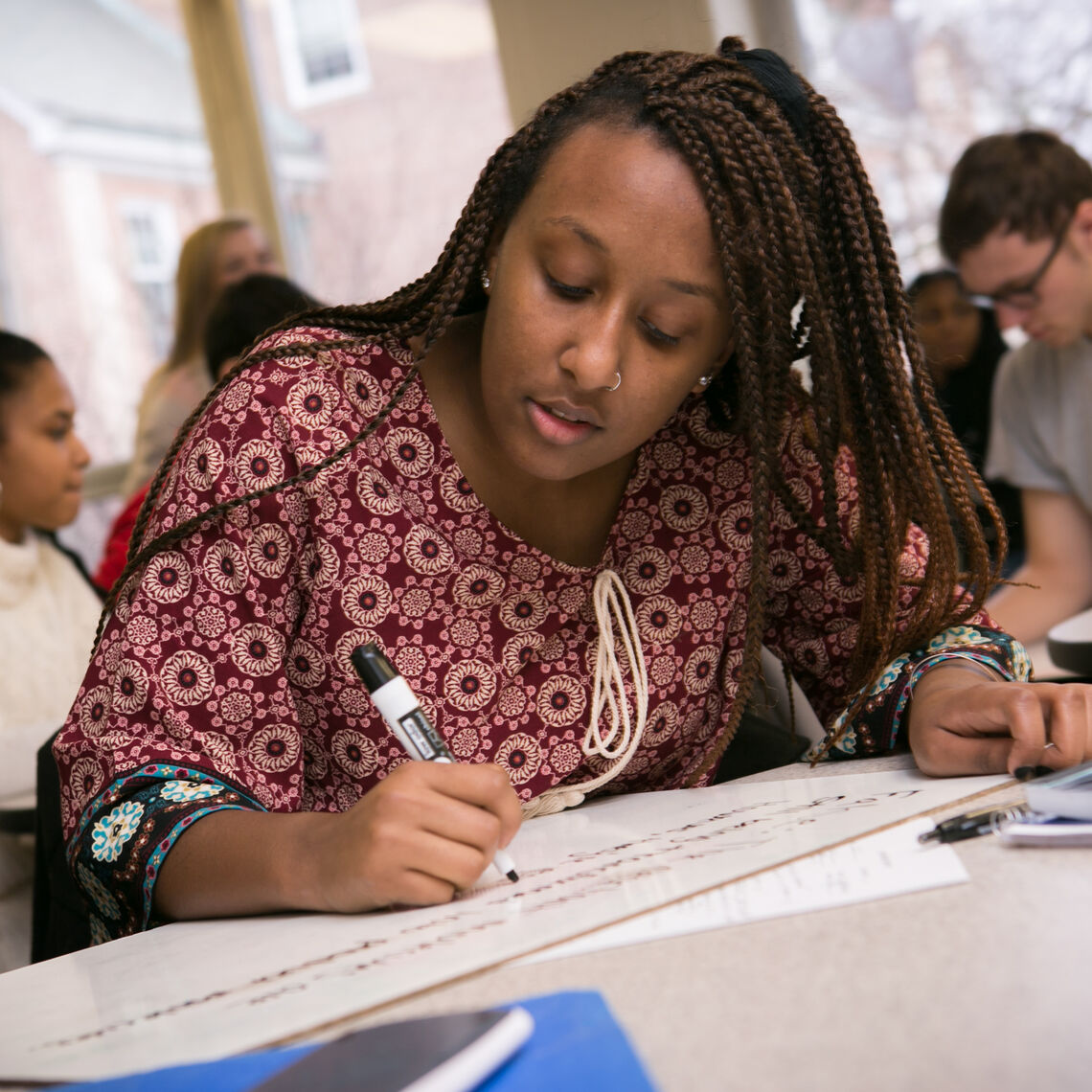When I think about the careers that my students are heading to after graduation, I see doctors, nurses, chemists, physical therapists, brew masters, sales representative.
It is my job to help prepare them for what lies ahead. So, while they need the content that I teach, they also need the soft skills, the professional skills, the process skills that go along with that content. These are the universal attributes that employers are looking for in their employees. If you look up what these top professional skills are, you will find a list that includes communication, teamwork, time management, and leadership, among others. There are also cognitive skills such as critical thinking, information processing, and problem solving that are important in all these professions.
How do I manage to teach content and process skills? That is where POGIL (Process Oriented Guided Inquiry Learning) comes in. The soft skills are the PO in POGIL. I tell my students why I teach this way—I want to give them opportunities to practice these important skills now. POGIL activities require students to work in teams, communicate with each other and with the class, and manage their time. The activities are also designed to promote information processing by requiring them to pull information from graphs and tables and to encourage them to think critically about the evidence that supports any claims that they are making.
I give my students feedback on their process skills and let them analyze their own strengths and weaknesses by using rubrics developed by the ELIPSS (Enhancing Learning by Improving Process Skills in STEM) project (www.elipss.com). This helps emphasize that process skills are an important part of each class. I don’t grade them on process skills directly, but I do require that they reflect on their own skills and on their team’s progress.
Student reflections indicate that they understand the importance of developing these skills. They will often mention that they will need to work in teams in their professions, and that communication is critical to be successful. They also can provide some very interesting suggestions their teams can utilize to improve the particular process skill they are working on. They suggest taking turns answering the questions, asking each other what they think about a particular question, or just looking at each other when they talk.
I have had students report on end of the year surveys that they never liked group work before, but now they see why it is important and how it helped them to improve their teamwork and communication skills. They now have specific examples of how they utilized soft skills that they can discuss in interviews and in their admission essays.
I think that by emphasizing process skills along with the content, I am better able to help students prepare for their futures. Isn’t that what teaching is all about?
Caryl Fish, St. Vincent College

Process Skills Serve to Prepare Students for the Future
Wednesday August 8th, 2020